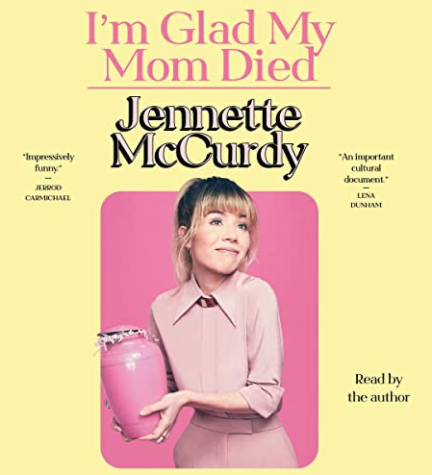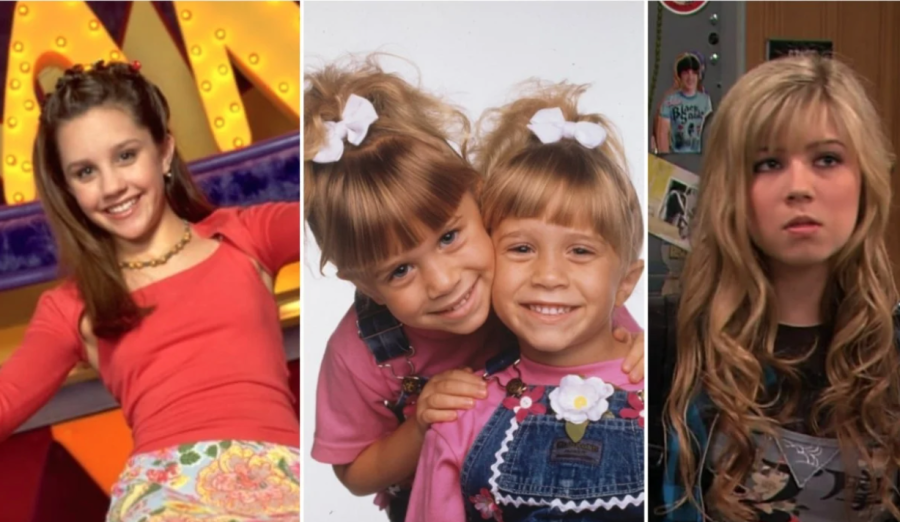The Tragedy of Child Stars
Jennette McCurdy’s recent novel I’m Glad My Mom Died sparks a conversation that delves into the reality of being shoved into the spotlight as a child star.

“I’m aware enough to know how annoying and whiny this all sounds. Millions of people dream of being famous, and here I am with fame and hating it… Mom pushed this on me. I’m allowed to hate someone else’s dream, even if it’s my reality.” This excerpt is from I’m Glad My Mom Died, a memoir from former child actor Jennette McCurdy, which rose to widespread popularity after its release.
McCurdy, who starred in Nickelodeon shows like iCarly and the spin-off Sam and Cat, told an eye-opening story of her toxic relationship with her mother that came about as a result of her fame. We’ve seen time and time again how tabloids pop up with scandalous stories about child stars having breakdowns; news outlets have developed a cruel tendency to harshly criticize said actors, comparing them to their peers. However, these articles belie the ugly truth of child actors: often, parents live vicariously through their children and they are greatly harmed by not being able to have a “normal” childhood.
Rising to fame is almost everyone’s dream. But what happens to those that are unable to achieve this dream? It’s not uncommon for parents to push their hopes onto their children, but it’s a recipe for disaster when they attempt to live vicariously through them. Jennette’s mother, for example, wanted to become a performer herself. Unsuccessful, she became “obsessed with making [Jennette] a star.” Her mother’s unrelenting obsession led to McCurdy developing anorexia, bulimia, and even drinking problems.
McCurdy isn’t the only victim of these parental pressures, or of having a mother that selfishly pushes her child to extreme lengths for fame. Judy Garland is another famous child star who experienced this, with her most famous role being Dorothy Gale in The Wizard of Oz. Similarly, Garland’s mother was a toxic influence, becoming obsessed with her career over her well-being. Garland subsequently turned to drugs to cope with this, and later she was plagued with drug addiction, which ultimately led to her eventual death.
Growing up on set and never having friends their own age undoubtedly differentiates child actors from typical children. Instead of being given the time to mature and make mistakes as many young individuals can, child stars are immediately pushed into the spotlight and the media’s scrutinizing glance. Suddenly, they are treated as if they are adults and should have the fully developed judgment of them.
Child stars bear the repercussions of an environment that failed them. Being extremely young and impressionable, it is easy to see how their parents could unhealthily influence their self-image to the point where they can’t take the pressure anymore and resort to more self-destructive outlets. Many of them are surrounded by no real support system beyond their parents as they have to constantly uproot their lives.
The nature of the entertainment industry, with its toxic idolization of conventional attractiveness, often corrodes the self-esteem of impressionable young stars who are “fortunate” enough to be a part of it. People have long since seen these stories in the tabloids and flipped through them for quick gossip, but perhaps we should be a little kinder and see the real problem here: the poison of fame and parental pressure.


